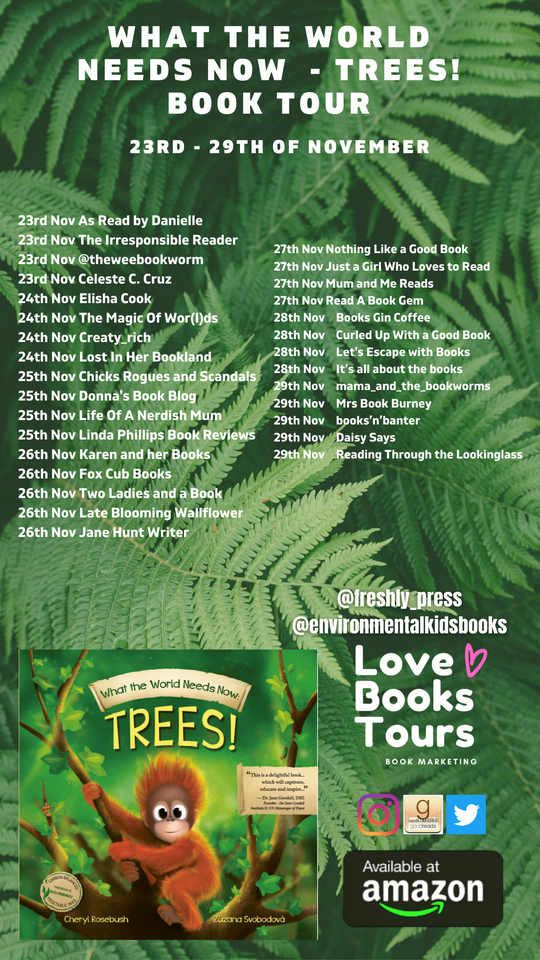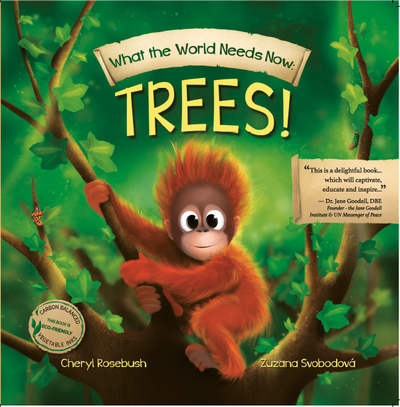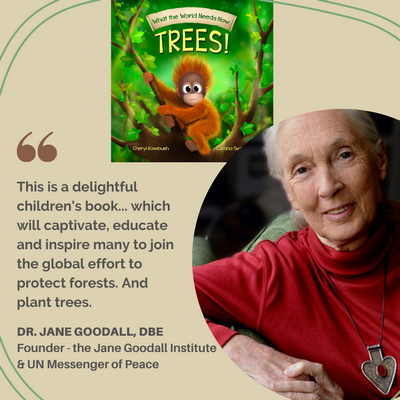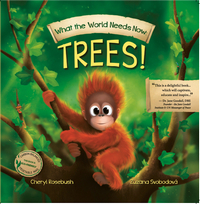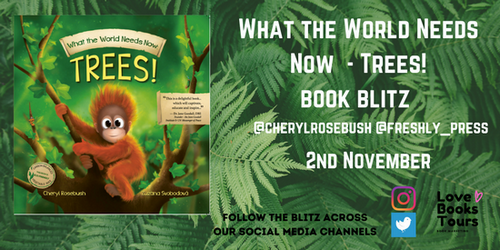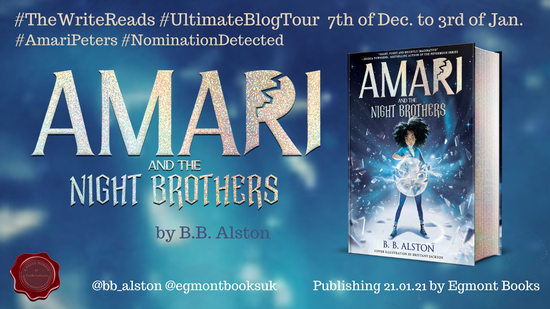

What’s Amari and the Night Brothers About?
Amari is a thirteen-year-old girl from Atlanta’s inner-city, attending a private school on scholarship, and is in trouble when we meet her. She’s been antagonized (probably bullied, honestly) by some rich girls from her school and struck back. She’s now facing discipline—up to and including loss of her scholarship. The principal ties this behavior to her brother’s recent disappearance/presumed death, she’s been “acting out” since then.
While reeling from this, Amari receives a delivery from her brother—cutting the details, it’s an invitation to the Bureau of Supernatural Affairs. The invitation opens her eyes (literally) to the hidden magickal world around her. She can join the Bureau via a summer program (as her brother, Quinton, did) and if she passes some tests, she can become a junior member. She sees this as her best/only chance to find out what happened to Quinton—and hopefully, find him alive.
But also, it’s magick. How could she not want to be part of it?
One of the first steps involves finding her secret talent—where she learns that she has rare and illegal abilities. Determined to stay in the Bureau to find Quinton—and to show that just because she’s born with abilities that remind everyone of the worst people in the supernatural world’s history, it doesn’t mean she’ll be as evil.
It’s hard to make friends—hard not to be ostracized by everyone—because of her abilities, and she faces outright prejudice. But she does make an ally or two among the other supernatural youths, and a few among the adults overseeing the program*. Not only does Amari work to pass her tests to remain in the Bureau, she and her allies look into Quinton’s disappearance.
* I really don’t have the time to get into it, but I really liked the adults in this book (with the exception of two that you’re clearly not supposed to like)
The Clincher
There are many reasons to read this, many reasons you’ll enjoy it. More than I have time to enumerate, more than you want to spend time reading. So I’ll just give you one word that should convince you: weredragon.
Were…@#$%&!…dragon.
I love this idea. I don’t know why we don’t have a half-dozen series about them in UF. Elsie, the weredragon in question, would be a character I love no matter her special ability/species/whatever. She’s a fun, vibrant, supportive, smart character, and combining those qualities with the idea of a human shifting into a dragon? You’ve got a fan in me.
The Inevitable Comparisons
It’s impossible to read this book and not think of a certain other MG series that rhymes with Larry Cotter. I think Amari and the Night Brothers comes off pretty well in such a comparison—I’m not saying it’s superior (or inferior), but it holds its own.
But honestly? I think this is closer to a Percy Jackson kind of thing (just without the mythological basis), and Alston’s style and voice are closer to Riordan’s.
I’d also throw in a comparison to Will Hill’s Department 19 books, but few of my readers will recognize it—and it’s for an older audience and is more bloody. But it’s one of those things that keeps coming to mind as I read Amari’s adventure.
I’m not suggesting that Alston’s just giving us an “inner city” version of Percy Jackson, etc. There are just things about Amari and the Night Brothers that remind me of the others, (the way that the Iron Druid Chronicles reminds readers of The Dresden Files, for example). The novel’s themes and particulars of the fantasy worlds will vary, but the overall feel and style of the novel will invite comparison to Barry Totter, Percy, and similar works.
The Real World
In the background of all the fantastic things going on in Amari’s life—all the unbelievable things she’s being introduced to, the incredible people and creatures she’s encountering—there’s the real world, and not an easy part of it. She lives in the inner city of Georgia with her mother working horrible shifts at a local hospital struggling to make ends meet. Her father has abandoned the family.
The police assume her brother’s disappearance has something to do with him being a criminal—he’s not missing, he’s off doing something he doesn’t want his mother to know about. Because that’s what young men in this neighborhood do. As infuriating as that prejudice expressed is, there’s someone in the neighborhood who is falling into that lifestyle. Quinton had been tutoring him, but now he has no one helping him—but Amari tries once she realizes what’s going on with Jayden. This is a storyline that we follow throughout the book, and it might be the most important and rewarding one.
Both in Amari’s school and even at the Bureau, she has to deal with privilege—people who were born into the right families, people who aren’t like her. Because of things she has no control over, no input into, simply accident of birth, there are those who don’t want her in the Bureau, don’t want her pursuing her goals—but she doesn’t back down. Never fear, the book doesn’t preach, it doesn’t moralize. It simply shows the challenges Amari has to deal with—and the challenges so many others don’t—and lets the reader draw their own conclusions.
Grit and Smarts
Amari is practically the embodiment of Angela Duckworth’s concept of grit. I made a few notes like that while reading, making Amari the kind of protagonist you can really get behind.
Duckworth’s website defines grit as:
Grit is passion and perseverance for long-term goals…
Grit isn’t talent. Grit isn’t luck. Grit isn’t how intensely, for the moment, you want something.
Instead, grit is about having what some researchers call an”ultimate concern”–a goal you care about so much that it organizes and gives meaning to almost everything you do. And grit is holding steadfast to that goal. Even when you fall down. Even when you screw up. Even when progress toward that goal is halting or slow.
Talent and luck matter to success. But talent and luck are no guarantee of grit. And in the very long run, I think grit may matter as least as much, if not more.
Replace the word “talent” above with “magick” and you’ve got Amari.
The book is also a celebration of thinking. Quinton, Elsie (the weredragon), and Amari are smart. They’re bookish. They’re problem solvers. Sure Amari has magical abilities, but before she uses magic, she thinks through a situation and addresses it with her mind. Amari and Elsie study, they plan. There’s one point where Amari remembers the book and page number where she learned a fact that proved vital to one challenge. Her remembering that page number just made me happy.
Elsie’s a tinkerer, even before she gets her magical enhancement, she’s inventing things, making things. Amari talks about how many things are in the library that she wants to read about, learn about that have nothing to do with her goals. Give me characters like this any day.
So, what did I think about Amari and the Night Brothers?
This was just so much fun. Even when things are looking dire for poor Amari (or anyone else), there is an ineffable sense of awe and hope to the book. That just magnified all the good from above (and helped me brush off the couple of minor reservations I had).
Is this one to give to the MG reader in your life? Yes. Is this one to read yourself if you like the occasional (or not-so-occasional) MG novel? Absolutely. I’m already planning on getting the sequels, and expect just about everyone who reads this novel will too.

My thanks to The Write Reads for the invitation to participate in this tour and the materials (including the novel from Egmont Publishing via Netgalley) they provided.

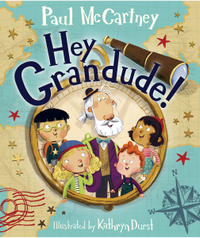


![]()




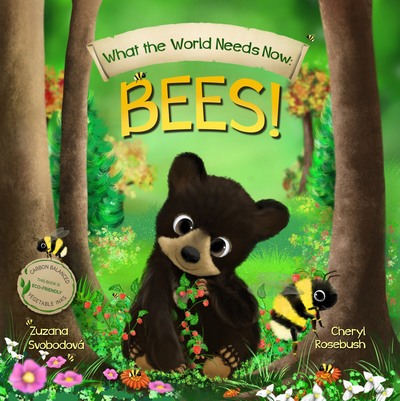









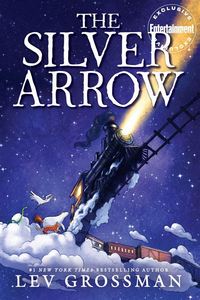
 “Herbert,” he said. “What the blazes is this?” He didn’t really say blazes, but you can’t put the word he did say in a book for children.
“Herbert,” he said. “What the blazes is this?” He didn’t really say blazes, but you can’t put the word he did say in a book for children.




 Grab a book, any book.
Grab a book, any book.